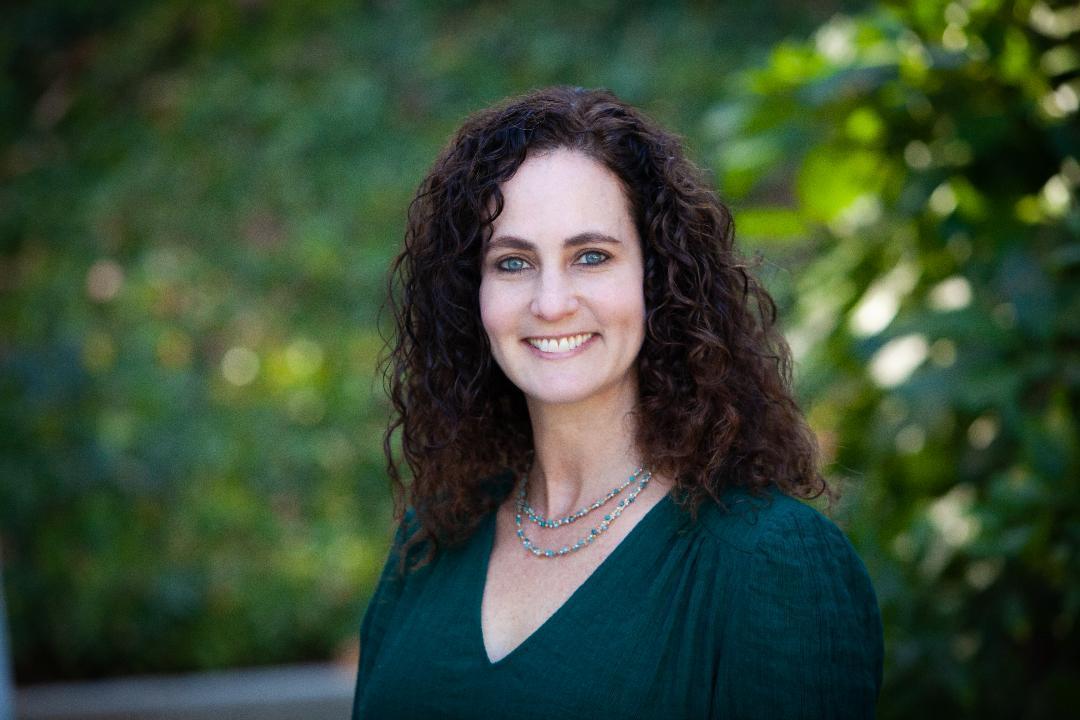VICKI BOTNICK | Source | Grief and Loss Therapist at Vicki Botnick LMFT

VICKI BOTNICK
I am a California licensed marriage and family therapist with a focus on depth psychology and a specialty in anxiety, depression and grief and loss. My work results not just in symptom management, but in partnering in learning more about underlying patterns and thought processes, deep pain and high aspirations. In addition to my private practice, I am a Clinical Supervisor at Phillips Graduate Institute and am a Certified Grief Informed Professional (CGP).
-
Vicki Botnick LMFT
Grief and Loss Therapist
started Jan 2018 -
Phillips Graduate Institute (https://phillips.campbellsville.edu/)
Clinical Supervisor
started Jul 2017 -
Vicki Botnick LMFT
Licensed Marriage and Family Therapist
started Jul 2015
-
How to know if you’re codependent and how codependency shows up in relationship. | The Smart Girl Tribe Podcast
Vicki Botnick is a psychotherapist who specializes in treatment for anxiety, depression, and couples counseling Listen in to hear us talk about: - What is codependency? - Is it true that codependency is learned? - How to set boundaries. - What are some clear signs that we are co-dependent? - How codependency manifests in relationship. -How to figure out what your needs are. - The antidote to codependency. Grab Our Bestselling Book Listen to the Podcast Join the Community
Podcast
-
Understanding Pet Loss: Expert Tips for Healing and Recovery
Vicki emphasizes that pet loss can be as painful as losing a loved one. She advises normalizing the pain, memorializing pets, and seeking support. Expressing feelings through writing or art, joining grief groups, and volunteering at animal shelters can aid healing. Vicki suggests explaining your grief to loved ones to foster understanding and support. -
Empathy in Crisis: How to Support Wildfire Victims
Vicki emphasizes asking, "Tell me more," to help wildfire victims process trauma. This approach allows individuals to share their stories, feel heard, and work through emotions. By offering time, attention, and a non-judgmental ear, supporters can provide meaningful comfort during these challenging times. -
Grief Expert: Twin Loss May Intensify Grief Experience
Vicki explains that twin loss can be more intense due to their unique bond. She advises allowing time for grief, seeking support, and finding ways to honor the deceased. For twins, support groups can offer a haven to share their unique experiences and stories.
-
What’s important to know is that this is not manipulation. Your child doesn’t want to be this way. It’s easy to think that he or she is acting out in order to get attention, or that if the child were less spoiled, less spiteful, or less rebellious, he or she would stop being “bratty.” But in reality, no one, especially a sensitive kid, would choose to constantly be in trouble.
https://www.goodtherapy.org/blog/making-sense-of-sensitivity-how-to-help-your-anxious-child-0331155
-
“Most contributing factors to this condition begin with parents who, for one reason or another, have poor boundaries,” Botnick explains. And when your needs continually go unmet, you become unable to assert yourself or even know what you should ask for, she says.
https://psychcentral.com/lib/symptoms-signs-of-codependency#causes
-
Contrary to what we’ve been taught, the key to dealing with conflict in relationships doesn’t start with saying yes, giving in, or being kinder. The real art of compromise begins with not conceding.
https://www.marriage.com/advice/relationship/never-compromise-yourself-in-the-relationship/

